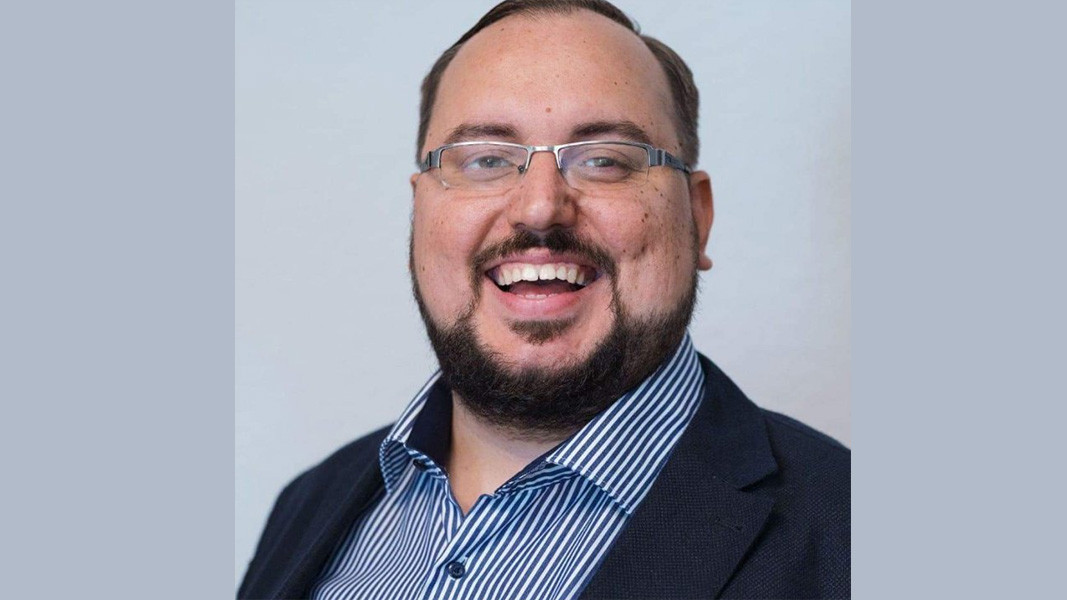December comes with the anticipation of holiday season and spending time with family and friends. At the beginning of December, the Bulgarians living in Dusseldorf, Germany, around 5,000 in number and growing, are looking forward to a special holiday season event. The Danube German-Bulgarian association, North Rhine-Westphalia, founded in the summer of 2010, organizes dances, film screenings, exhibitions, presentations of books by Bulgarian authors, and meetings at which Bulgarians can get acquainted and exchange contact information with new arrivals in the region.
As is the tradition, it is taking part in the annual event Europe Days in Dusseldorf, presenting highlights from Bulgaria’s history, culture, traditions and customs, cuisine, and of course tourism and hospitality. Now, they are preparing a Christmas party, and interest in it has been displayed by the Bulgarians in Dusseldorf, but also by people of other nationalities.
“In every German town where there is a Bulgarian association, it has an ensemble or smaller folk dance group,” said the deputy chairman of the German-Bulgarian Association Danube Daniel Dimov in an interview with Radio Bulgaria, and added that this year Serbian and Hungarian folklore ensembles set up in Germany have confirmed they too will take part:
“We came in contact with the Serbian and the Hungarian ensemble – Moravac and Vadrózsa – thanks to our ensemble’s choreographer who knows their choreographers, and as we use the Serbian church we got to meet people from the Serbian association.”
As to the participation of the Bulgarian rose ensemble from Malaga, Dimov explains:
“Our ensemble was invited to one of their events in Spain in the summer, and there, people met in person. When our upcoming event was mentioned, they gladly accepted the invitation.”
The hall for the event on 2 December has been provided:
“The Danube association in Dusseldorf works very well with the Greek and the Serbian church. They have premises we use often for various events. The Greek church has a bigger hall – the events we have been organizing for Christmas, 3 March or 24 May for about 10 years, with a brief pause during the Covid-19 pandemic, are attended by more and more people. So, now we have to somehow find, for other events in the future, a hall with a capacity of up to 1,000. We don’t have that number of people coming yet, but we expect 350-500 to attend the upcoming event.”
Being deputy chairman of the association, Daniel Dimov has a lot of other work on his hands, with members often asking him for help to resolve different issues. More than 100 Bulgarians from Dusseldorf are members of the association, but there are always more wanting to join.
“At the moment we are applying under a Ministry of Education programme for approval to turn our school into a Sunday school. There is a great deal of interest in it, and in the folk dancing classes, but we shall present other interesting things to our compatriots here, in Dusseldorf,” Daniel Dimov says. “For now, the name of the school is Danube, the same as the association. At the moment we have three teachers. We offer schooling – from pre-school to the 5th grade. The classes take place over the weekend, and fees are lower for the members of our association. At the moment, we are financed entirely by membership fees and the fees paid by the parents who are not members.”
Translated and posted by Milena Daynova
Photos: Danube German-Bulgarian association
In 2032, Bulgaria and Denmark will select their cities for the title of European Capital of Culture. The procedure will open in 2026 when the two countries will officially invite their cities to prepare their candidacies. The candidates must draw up..
The Eastern Rhodopes are one of the few places in Europe where the balance of nature has been restored almost to the state it was in two centuries ago. Here, ecosystems function naturally. In other words, animals and plants coexist in harmony without..
"I started working as a teacher in France, but I was bored. I started looking around – where could I go as a history and geography teacher? A vacancy appeared in Bulgaria." And so in 2007, Vincent Dupuy, a recent university graduate, set off for a..

+359 2 9336 661
